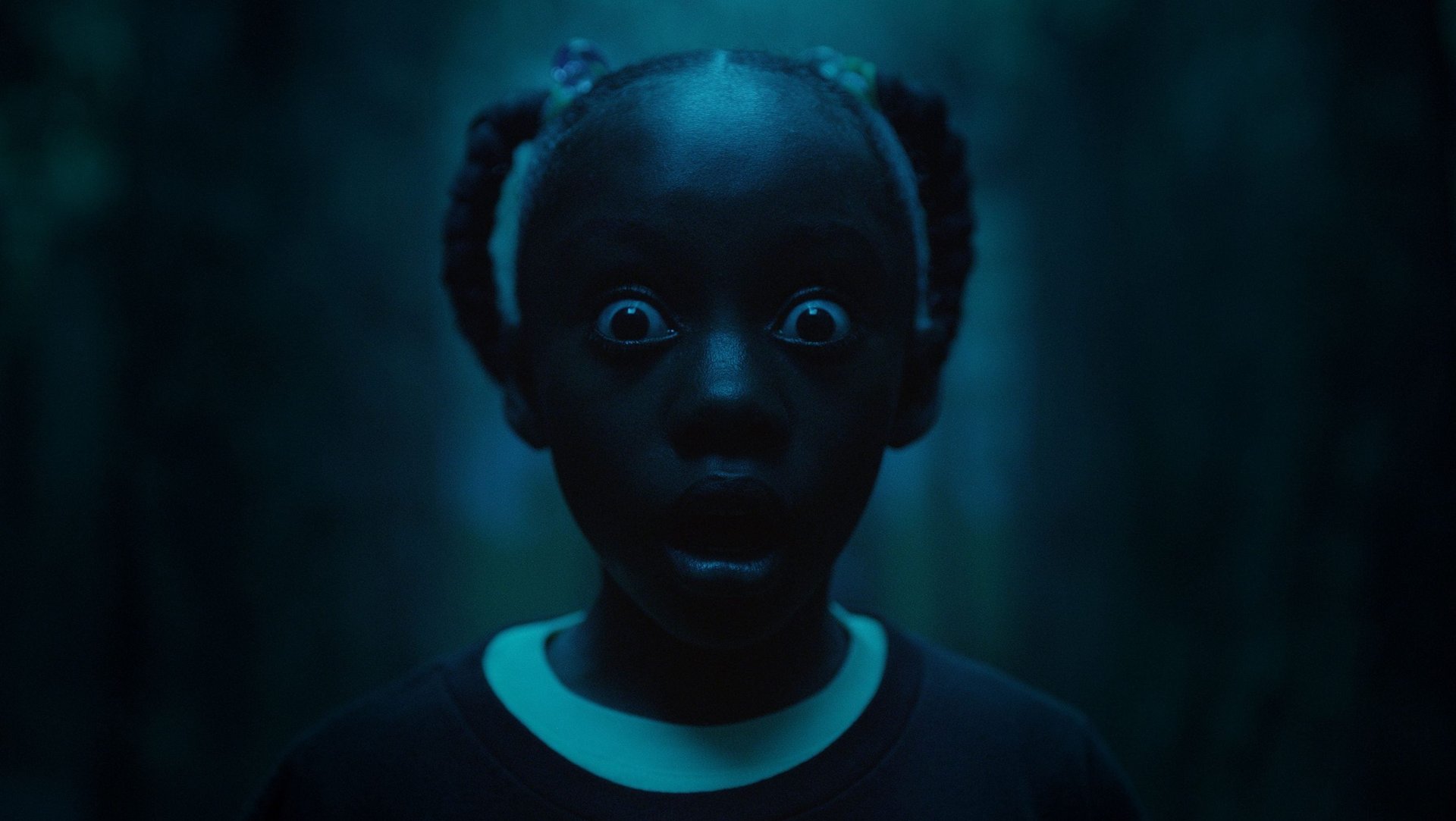To understand Jordan Peele’s “Us,” watch this 1980s cult film
This story includes plot details about Jordan Peele’s new film Us.


This story includes plot details about Jordan Peele’s new film Us.
A community of evil, humanoid beings who dwell in subterranean passageways ascend to the surface to launch a coordinated attack on civilized society. These creatures are like us, but distorted: grotesque, funhouse-mirror reflections of our worst selves, our darkest impulses. And we’re responsible for their creation.
If you’re a film aficionado, you know that I’m talking about C.H.U.D., a schlocky 1980s horror movie about monsters who live in the sewers beneath New York City. Directed by Douglas Cheek, C.H.U.D. was not a box office success, but has since become a cult classic in the horror community, referenced in everything from The Simpsons to Donnie Darko.
And now it’s pretty much the seminal influence for Jordan Peele’s latest smash hit, Us.
Us, which follows a family of four as they’re attacked by their own doppelgängers, includes dozens of references to other films, some more obvious than others. But none are as explicit as the hat tip to C.H.U.D.—nor are any as personal to Peele.
Hanna Cheek, an actress and the daughter of the C.H.U.D. director, as well as a childhood friend of Peele’s (he said she was his “first girlfriend” in an interview with Polygon), discussed the impact of her father’s cult film on a young Peele with Quartz.
“He loved C.H.U.D.,” Cheek said. “At my house, we had a manhole cover from the set, and I remember Jordan being really excited. He was definitely clear that it was in his arsenal of favorites.”
Peele’s love for the obscure film is as endearing as it is overt: The very first scene of Us shows a VHS tape of C.H.U.D. as the young version of Lupita Nyong’o’s character watches a commercial for the famous “Hands Across America” charity event in 1986. The connections between the two films only grow more important from there (mild spoilers ahead).
Us takes place in a world in which a vast community of human clones have been left to fend for themselves in abandoned tunnels beneath the United States after a failed experiment. Like C.H.U.D. (which stands for “Cannibalistic Humanoid Underground Dwellers”) did in the 1980s, Us uses these tunnel-dwellers as a stand-in for today’s marginalized communities the US government has forgotten about.
In the early 1980s, when C.H.U.D. was made, those communities were the homeless populations, who were systematically cut out of society when US president Ronald Reagan cut funding to low-income housing. Many of those affected were minorities, AIDS victims, and war veterans.
“It was a time in New York with trickle-down economics, there were people being marginalized, homeless people, the AIDS community, figuratively and literally being sent underground,” said Cheek, who was a young child when her father filmed C.H.U.D. but often visited its set. “There were entire communities of people living under the city.”
The monsters in both C.H.U.D. and Us, she said, were “born of corruption and neglect.”
That Us begins in 1986, with such a clear nod to Cheek’s film, implies Peele is saying that little has changed. Then, Reagan’s policies caused homelessness and exacerbated income inequality in America. Now, lower socioeconomic classes are still stripped of their humanity—bootless men and women are told they need to lift themselves up by their bootstraps.
But where the two films diverge is their endings: In C.H.U.D., the heroes suppress the humanoid uprising, though not without learning a lesson or two along the way. Us suggests instead that the era of the tunnel dweller coming into the light could soon be upon us.